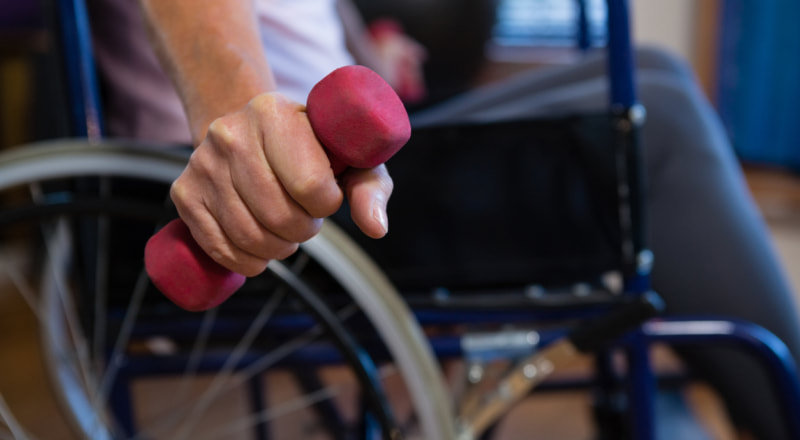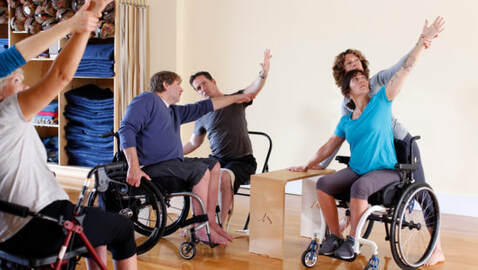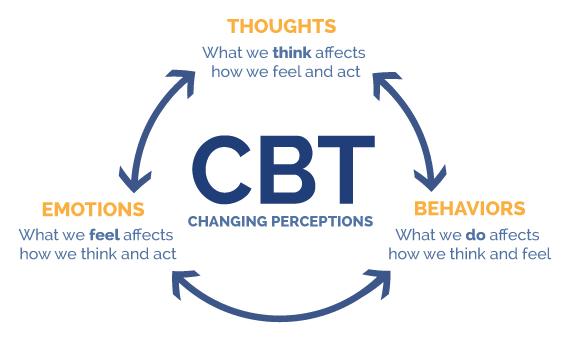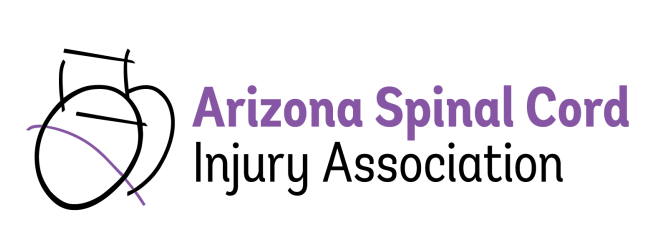Prevention
Alternative Methods for Chronic Pain / Pain Management
Did you know there are alternative methods to manage your chronic pain? There are ways to manage/control your chronic pain that don’t involve the use of prescription opioids. Some of these alternative treatment methods may actually prove to be more effective than opioid use and have fewer risks and side effects.
***Disclaimer: These alternative treatments may have different results depending on the individual. Please contact your primary care physician for additional information or possible contraindications***

Exercise and Physical Therapy
Meditation / Yoga


Acupuncture / Acupressure
A number of studies suggest that acupuncture works particularly well on chronic pain such as back and neck pain; osteoarthritis/knee pain; and headache. It often reduces the incidence and severity of tension headaches and may prevent migraines.
Acupressure is an alternative medicine technique similar in principle to acupuncture. It is based on the concept of life energy which flows through “meridians” in the body. In treatment, physical pressure is applied to acupuncture points with the aim of clearing blockages in these meridians.
Massage


Cognitive Behavioral Therapy
Aquatic Therapy / Wat-Su
Aquatic Therapy is a form of treatment that is performed in water for the purposes of physical rehabilitation, fitness, relaxation, and other therapeutic benefits. Most commonly, a qualified aquatic therapist gives guidance to a person receiving treatment. Aquatic therapy can also be self-guided.
Wat-Su is a form of aquatic treatment that promotes rehabilitation and deep relaxation. Treatment involves a one-on-one session with a therapist that gently cradles, stretches, moves, and massages the individual. Wat-Su has profound benefits to individuals who experience chronic pain and helps with the effects of trauma, both physical and psycho-emotional, with therapeutic application for SCI or similar injuries.

If you believe you may be struggling with addiction, tell your health care provider OR call the Opioid
Use Disorder (OUD) Referral Line Hotline: 1-888-688-4222 Arizona OAR
Hotline is available 24/7.
